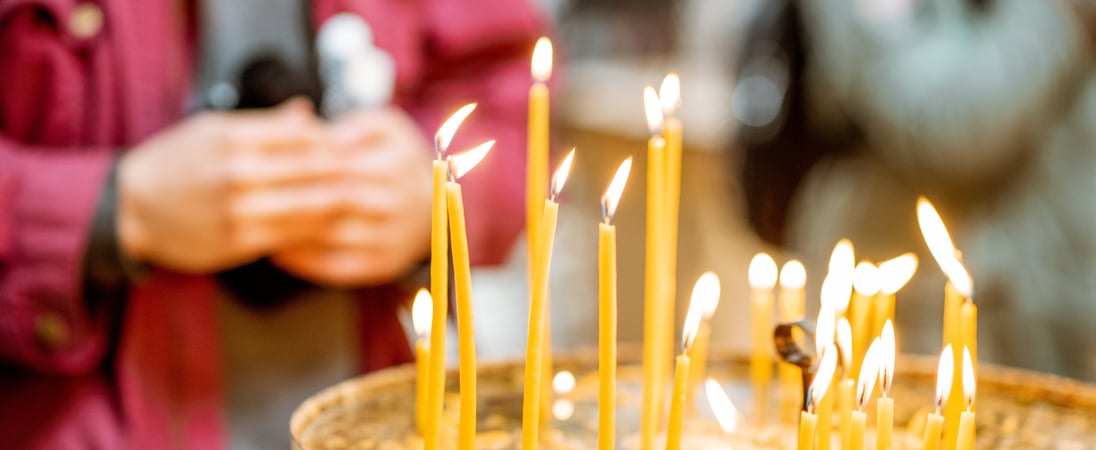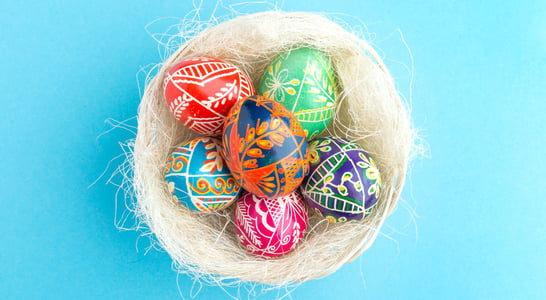
Semana Santa
Semana Santa, or Holy Week, is a profound time of reflection and devotion in many Christian communities.
Streets come alive with solemn processions, participants carry religious icons, and traditional music fills the air.
This period focuses on the final days of Jesus Christ, drawing believers together in shared faith and contemplation. The week stands out as a powerful expression of spiritual commitment, inspiring people across the world.
Reasons for Celebrating Semana Santa
Semana Santa is celebrated to honor Jesus Christ’s sacrifice and His teachings of love and redemption. It allows Christians to connect deeply with their faith, remembering the ultimate act of love shown through His death and resurrection.
The rituals and gatherings during this week help believers renew their spiritual commitments and express gratitude. By participating in these meaningful observances, many find peace and a deeper understanding of their beliefs.
History of Semana Santa
Semana Santa, or Holy Week, has deep roots in early Christianity, dating back to the 4th century. The observance began in Jerusalem, where Christians commemorated the final days of Jesus Christ’s life, focusing on His crucifixion and resurrection.
The Church initiated these practices to help believers remember Christ’s sacrifice, marking the most important events in the Christian faith. As these traditions grew, they spread to Christian communities across the world.
During the Middle Ages, Semana Santa took on a new level of prominence, especially in Spain. Religious brotherhoods, known as “cofradías,” began organizing elaborate processions that reenacted scenes from the Passion of Christ.
These processions involved carrying large, detailed floats depicting key moments from Jesus’s final days, often accompanied by solemn music and participants dressed in traditional robes.
This combination of religious devotion and public display made Semana Santa a vital part of Spanish culture.
Over time, these celebrations became central to Christian communities in many countries, particularly in Latin America, where Spanish influence was strong.
Today, Semana Santa continues to blend faith, culture, and history, serving as a powerful reminder of the events that are central to Christianity. It remains a time of deep reflection, devotion, and communal participation worldwide.
How to Celebrate Semana Santa
Attend a Local Procession
Get swept up in the sights and sounds of a local Semana Santa procession. Watch as beautifully decorated floats glide through the streets, accompanied by music and people dressed in traditional robes.
Feel the energy of the crowd and soak in the rich cultural experience. It’s a fantastic way to connect with the spirit of the week and witness history in motion.
Create a Home Altar
Spruce up a corner of the home with a dedicated Semana Santa altar. Gather candles, flowers, and religious icons to create a serene space for reflection.
Each family member can contribute something personal to the altar, making it a unique and meaningful part of the celebration. This small act can bring a sense of peace and spirituality right into the living room.
Enjoy Traditional Foods
Indulge in the delicious foods that are part of Semana Santa. Try dishes like torrijas, a sweet treat similar to French toast, or bacalao, a flavorful cod dish.
These special meals not only satisfy the taste buds but also add a tasty layer to the celebration. Sharing these traditional foods with loved ones makes the experience even sweeter.
Participate in a Community Service
Honor the spirit of Semana Santa by giving back to the community. Volunteer at a local charity, donate food to those in need or help out at a shelter.
Acts of kindness reflect the teachings of Jesus and add a deeper meaning to the week. Plus, it’s a great way to spread some joy and positivity.
Reflect and Meditate
Take a moment each day to reflect on the significance of Holy Week. Whether through meditation, prayer, or simply sitting quietly, allow the mind to rest and the heart to open.
This can be done alone or with family, and it helps to foster a deeper connection to the faith. A little quiet time can work wonders for the soul.
Also on ...
View all holidaysNational Smoke and Mirrors Day
Step into a world of illusions where reality is questioned, and the impossible becomes possible - an experience that amazes and mystifies!
World Piano Day
Keys to unlocking musical creativity, a timeless instrument with a rich history, and an invitation to compose your own symphony.
We think you may also like...
Chinese New Year
A joyous annual celebration of new beginnings, family gatherings, and traditional foods, steeped in symbolism and rich history.
Easter Monday
Easter Monday is the perfect time to relax and spend quality time with family and friends. Enjoy a leisurely brunch, hunt for hidden Easter eggs, or take a leisurely stroll in the sunshine.
Christmas Day
Jingle all the way! Deck the halls with boughs of holly, indulge in delicious treats, and make unforgettable memories with loved ones.







